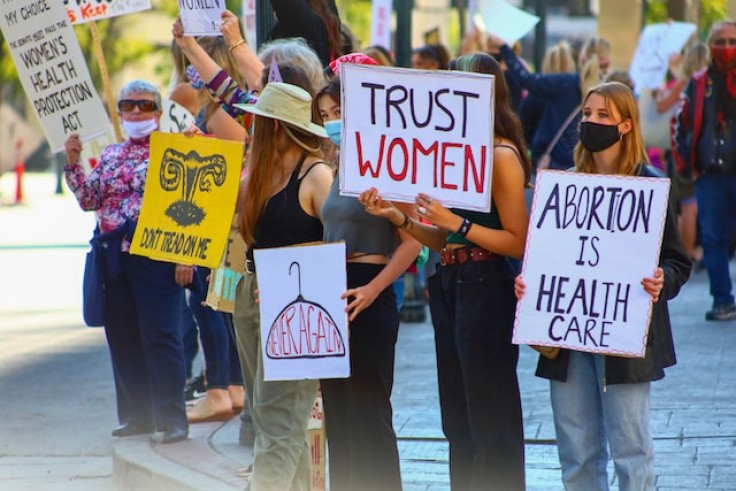
Ohioans started casting their votes this week on two major ballot initiatives, one of which would guarantee abortion rights in the state constitution.
The two measures presented to voters are Issue 1, which, if approved, would enshrine abortion rights into the state constitution, and Issue 2, a proposal to legalize recreational marijuana. Ballots began being accepted on Wednesday and will continue to be collected until Election Day on Nov. 7.
Issue 1: Guaranteeing Abortion Rights
Issue 1's proposed amendment, if adopted, would define an "individual's right to one's reproductive medical treatment, not limited to abortion." This move would offer legal shields to individuals seeking abortions and other reproductive treatments, like contraception and fertility treatment.
Meanwhile, the passage of Issue 2 would elevate Ohio to the 24th state to permit recreational cannabis use. Adults aged 21 and above would be allowed to purchase and possess up to 2.5 ounces of marijuana flower and 15 grams of extract.
This decision comes at a pivotal moment for Ohio. In August, voters firmly opposed a GOP-backed initiative that aimed to raise the bar for future amendments to the state constitution. Such a change could have posed a significant challenge to the abortion amendment's approval.
The U.S. Supreme Court's landmark decision in 2022 to overturn the Roe v. Wade ruling has led to a ripple effect across states. The court's decision to revert abortion access to state jurisdiction has seen some states restrict access, while others have expanded it based on voters' decisions.
A separate issue is the ongoing debate over Ohio's six-week abortion ban. The Ohio Supreme Court began deliberating on this topic on Sept. 27, following its suspension by a lower court. The outcome of Issue 1 could render this debate moot if Ohioans vote to constitutionally protect abortion rights.
Read Also : Justice for Anti-abortion Group as Suspect Arrested for Firebombing; DNA Evidence Proves Key
Controversy Over Amendment Language
Campaigns for both sides of the abortion debate have intensified in recent weeks, with grassroots efforts like door-knocking, canvassing, and rallies taking center stage. "Issue 1 just goes too far," cautioned Ohio Gov. Mike DeWine, a Republican. Meanwhile, Ohio Democrats celebrated their grassroots efforts, boasting nearly 100,000 doors knocked and over 100,000 calls made since their August special election victory.
The financial stakes in this race have also been high. Recent data from AdImpact highlighted that around $12.3 million has been channeled into advertising concerning the abortion ballot measure, with opponents of the amendment outspending its supporters by approximately $1.6 million.
A controversial point in this campaign was the decision by the Republican-controlled Ohio Ballot Board to use the term "unborn child" in the amendment's language. This move was met with criticism, with proponents of the amendment accusing the board of attempting to mislead and confuse voters.
Both sides continue to make passionate arguments. While proponents emphasize a woman's right to make personal medical decisions, opponents argue that the proposal extends beyond just protecting Roe v. Wade rights and could jeopardize other rights and freedoms in the state.
With both abortion rights and marijuana legalization on the line, the outcomes of Issues 1 and 2 could significantly reshape the social and legal landscape of Ohio.
Related Article : Women Across Latin America Unite in Massive March for Abortion Rights